Filter by
The language used throughout the course, in both instruction and assessments.
Choose the Data Structures And Algorithms Course That Aligns Best With Your Educational Goals
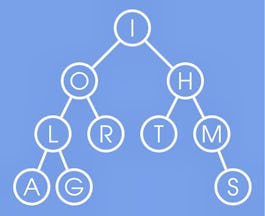
University of California San Diego
Skills you'll gain: Algorithms, Theoretical Computer Science, Computer Programming, Data Structures, Problem Solving, Mathematics, Computational Thinking, Computer Programming Tools, Computational Logic, Critical Thinking, Graph Theory, Programming Principles, Mathematical Theory & Analysis, C++ Programming, Algebra, Software Testing
 Status: Free
Status: FreePrinceton University
Skills you'll gain: Algorithms, Computer Programming, Data Structures, Java Programming, Problem Solving, Programming Principles, Theoretical Computer Science, Computational Thinking, Critical Thinking

Skills you'll gain: Algorithms, Computer Science, Communication, Data Structures, Javascript, Problem Solving

University of Colorado Boulder
Skills you'll gain: Algorithms, Theoretical Computer Science, Data Structures, Computer Programming, Graph Theory, Problem Solving, Computational Logic, Computational Thinking, Mathematical Theory & Analysis, Mathematics, Applied Mathematics, Python Programming
 Status: Free
Status: FreePrinceton University
Skills you'll gain: Algorithms, Java Programming, Computer Programming, Graph Theory, Data Structures
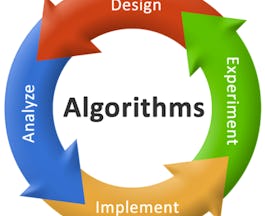
Stanford University
Skills you'll gain: Algorithms, Theoretical Computer Science, Computer Programming, Problem Solving, Graph Theory, Mathematics, Data Structures, Computational Thinking, Mathematical Theory & Analysis, Critical Thinking, Computational Logic, Programming Principles, Software Engineering
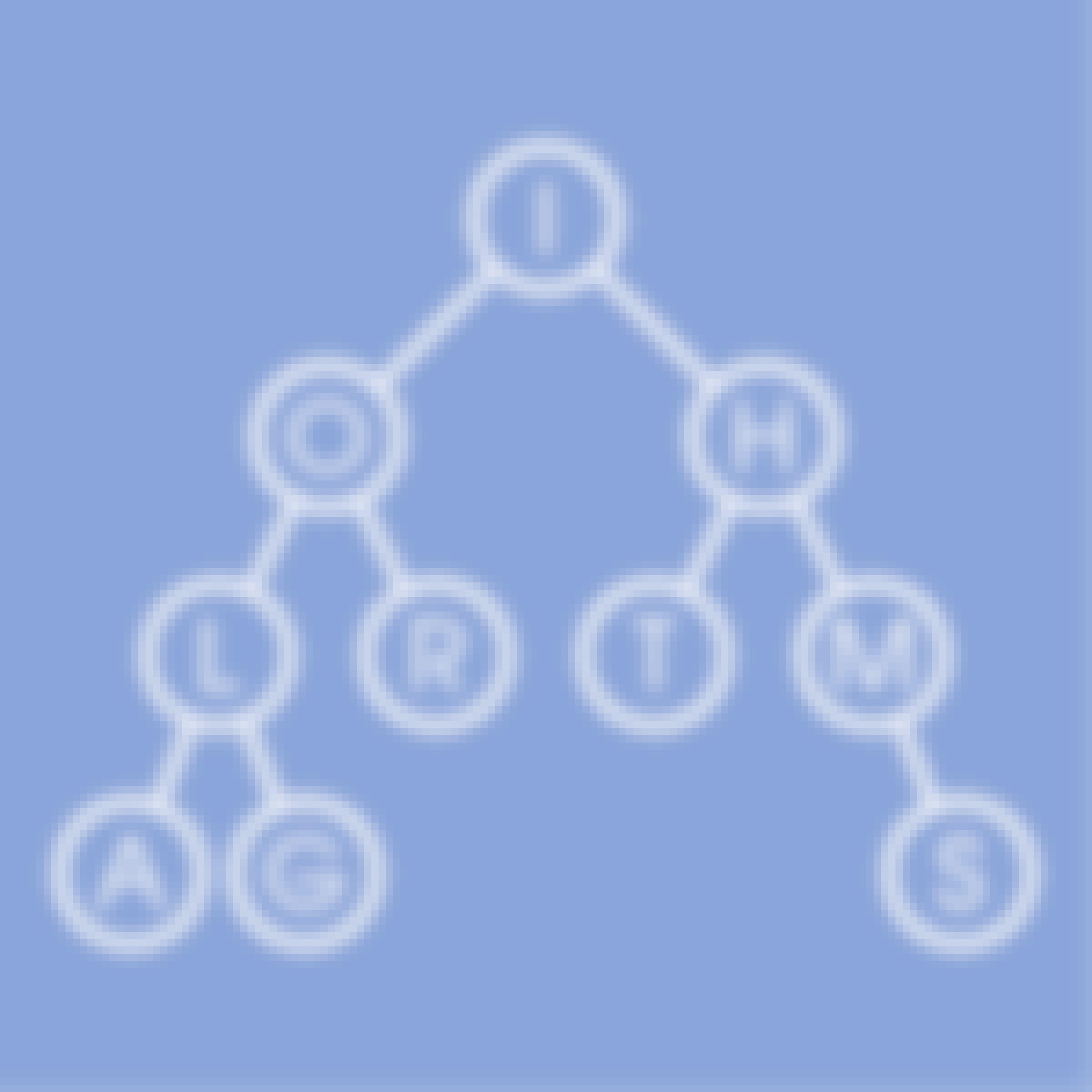
University of California San Diego
Skills you'll gain: Algorithms, Computer Programming, Data Structures, Theoretical Computer Science, Problem Solving, C++ Programming, Computer Programming Tools, Mathematical Theory & Analysis, Programming Principles, Mathematics
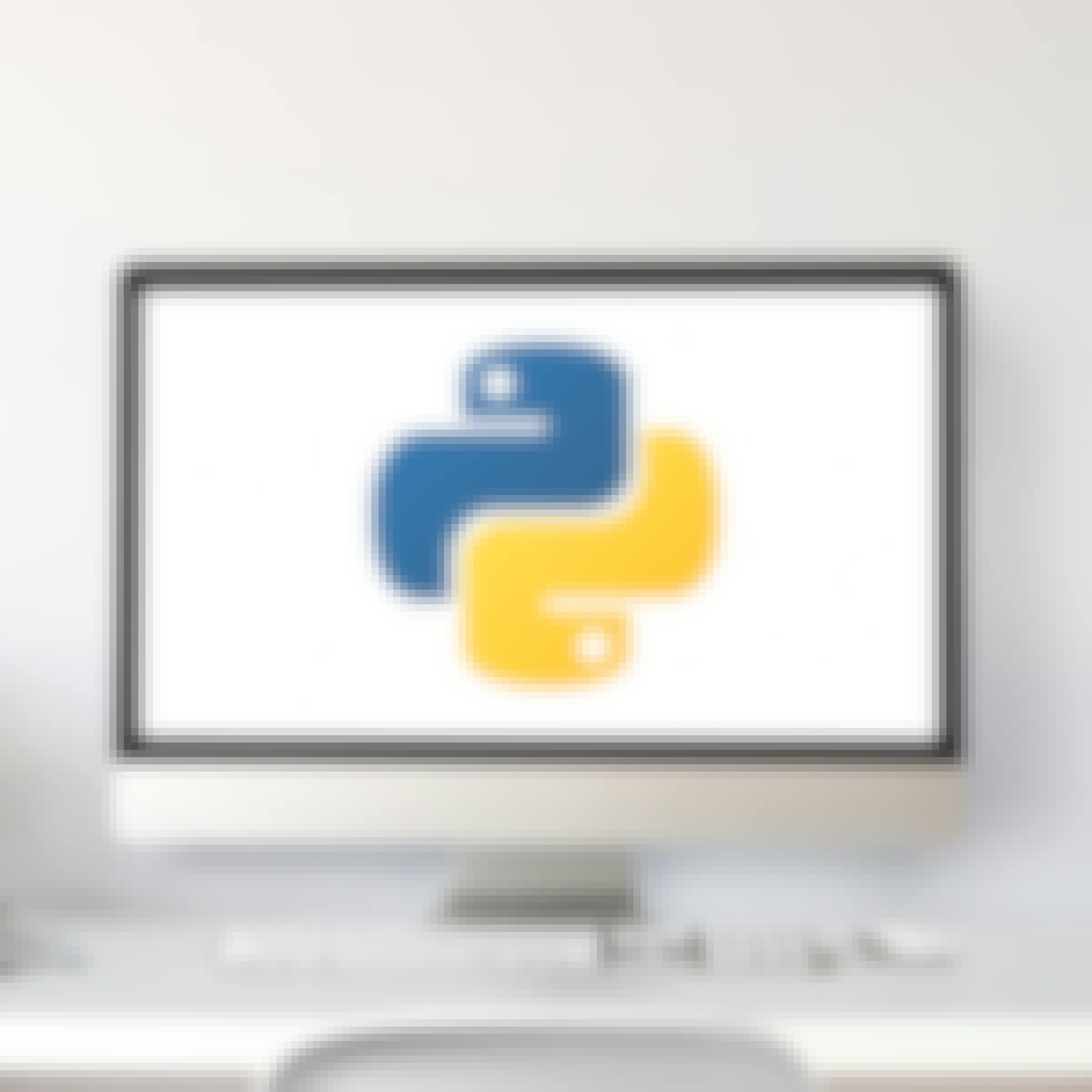
Skills you'll gain: Python Programming, Computer Programming, Data Analysis

Tsinghua University
Skills you'll gain: Problem Solving, Mathematics, Calculus, Algebra, Programming Principles, Computer Programming
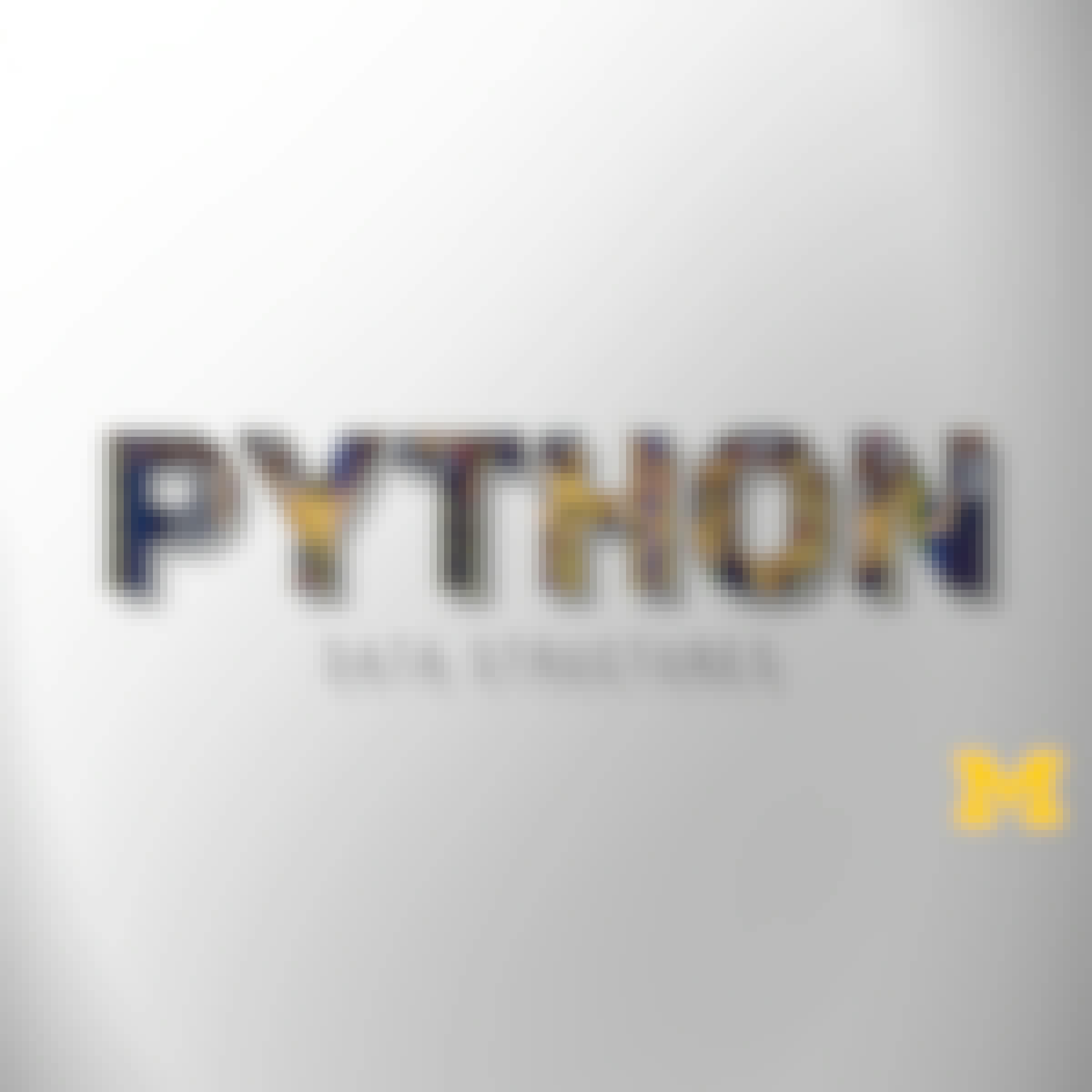
University of Michigan
Skills you'll gain: Algorithms, Computational Logic, Computer Programming, Computer Programming Tools, Critical Thinking, Data Analysis, Data Structures, Problem Solving, Python Programming, Software Engineering
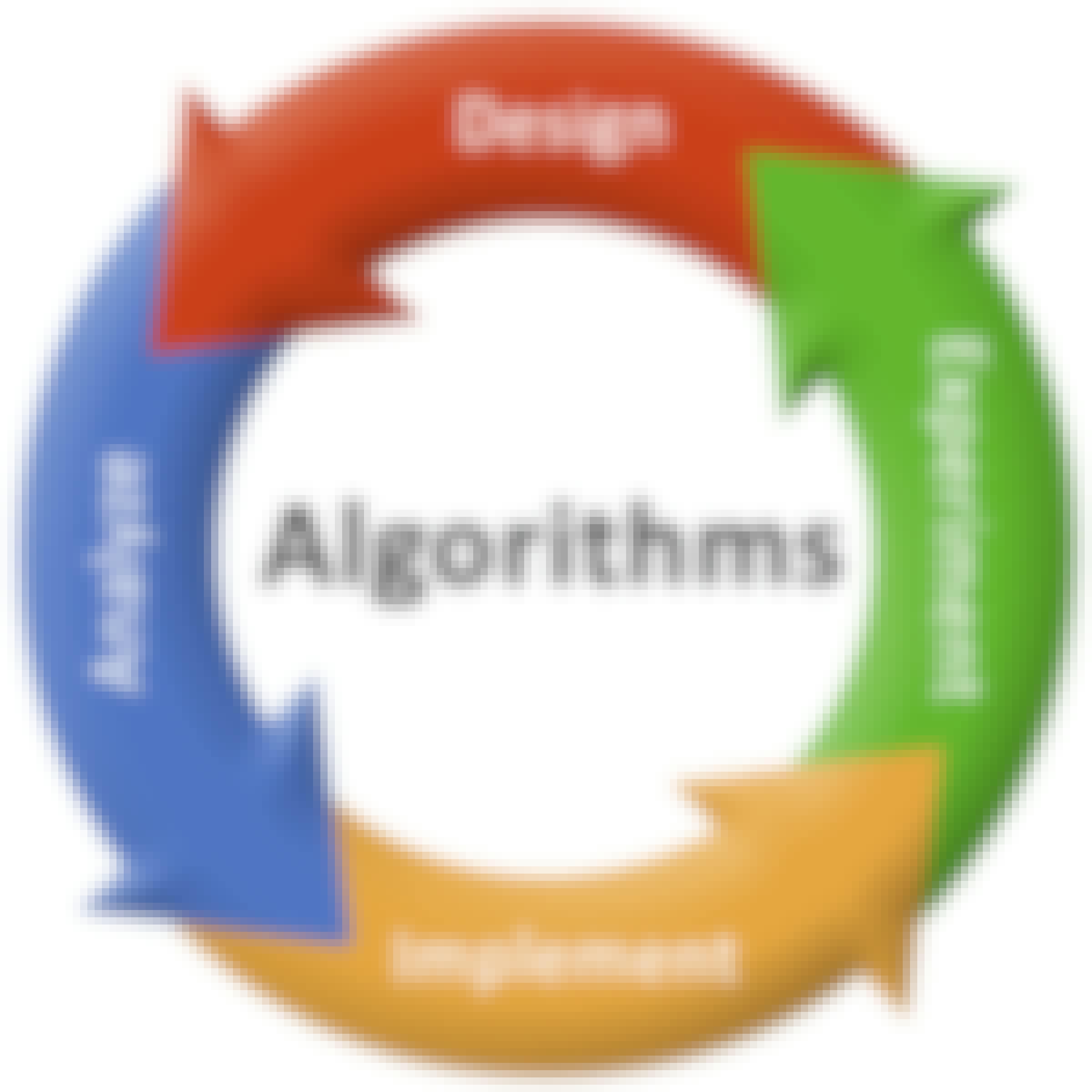
Stanford University
Skills you'll gain: Algorithms, Data Structures, Mathematics, Theoretical Computer Science, Computer Programming, Graph Theory, Problem Solving, Computational Thinking, Critical Thinking, Software Engineering

Google
Skills you'll gain: Computer Programming, Data Structures, Problem Solving, Python Programming
Searches related to data structures and algorithms
In summary, here are 10 of our most popular data structures and algorithms courses
- Data Structures and Algorithms: University of California San Diego
- Algorithms, Part I: Princeton University
- Coding Interview Preparation: Meta
- Foundations of Data Structures and Algorithms: University of Colorado Boulder
- Algorithms, Part II: Princeton University
- Algorithms: Stanford University
- Data Structures: University of California San Diego
- Python for Data Science, AI & Development: IBM
- Data Structures and Algorithms: Tsinghua University
- Python Data Structures: University of Michigan










